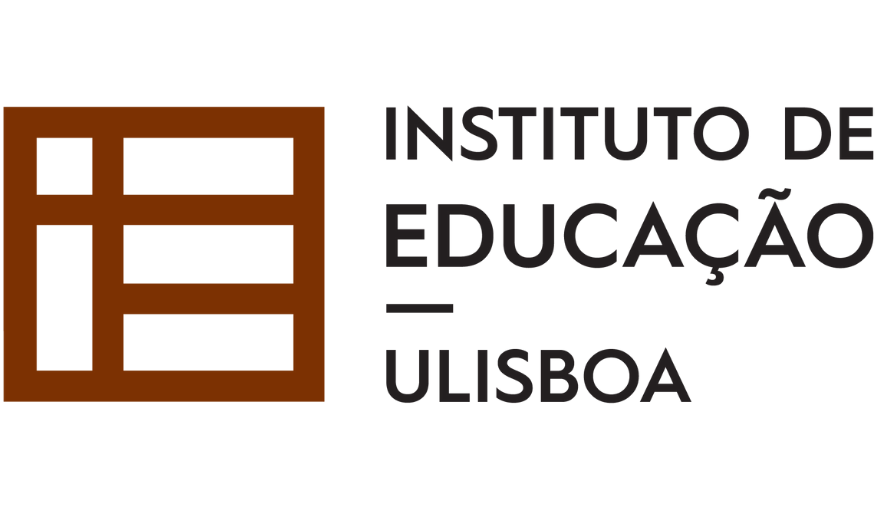Transformative Learning Communities for Educational Inclusion (CATIE)
Luís Tinoca
Ana Paula Caetano (Co-IR)
Amélia Marchão
Ana Pedro
Ana Sofia Pinho
Ana Sofia Santos
Carolina Carvalho
Catarina Sobral
Elsa Biscaia
Feliciano Veiga
Fernando Costa
Filomena Rodrigues
Gilda Pereira
Isabel Freire
João Piedade
Maria João Mogarro
Maria José Martins
Maria Teresa Oliveira
Neuza Pedro
Otília Sousa
Sofia Freire
Teresa Leite
Doutorandos
Daniela Semião
Susana Gomes
Tiago Tempera
Cláudia Viera da Silva
Instituto Politécnico de Portalegre (IPPortalegre)
Educational inclusion is now recognized as the most effective way of realizing the right of all children and young people to quality education, because it recognizes and values diversity to enact changes in the organization of schools, curricula and the teaching-learning processes. In Portugal, Decree-Law No. 54/2018, of July 6, states that schools must provide adequate responses to students’ diversity adapting teaching processes and mobilizing diverse strategies to foster learning and participation. However, organizing schools, curricula and the teaching-learning process to respond to the diversity of learning styles and rhythms, interests, motivations and expectations, and cultural, linguistic, and socioeconomic diversity is not an easy process. This process requires, firstly, sensitivity and recognition of this reality and, secondly, a change of beliefs and practices allowing the pursuit of adequate answers to this reality.
Contextualized professional development initiatives, including practical, deliberative and reflective components with an ethical, ecological and critical nature, involving collaborative processes between teachers has been identified, by our research team, as a facilitating factor for change. Nevertheless, often collaboration between teachers involves only superficial reflection processes that do not lead to effective changes in practices questioning and problematizing their previous knowledge and beliefs. In this sense, some studies have pointed out the importance of developing school-university partnerships, to support teachers’ professional development, facilitating the discussion of concepts and experiences, in order to evaluate and reflect on their practices. In addition, research has also emphasized the importance of considering students’ voices, supporting their active participation in decision-making and the promotion of active engagement in their school communities, nevertheless, few school based intervention projects go this far.
To answer this challenge, systemic school based intervention have been gaining strength, particularly, the development of learning communities in the school, involving not only teachers, but also students and other members of the educational community. Transformative Learning Communities (TLC) appear here as a proposal to create collaborative contexts, supported by a socio-reconstructionist and emancipatory philosophy, that can respond to needs felt by schools, giving rise to transformative learning empowering all community participants. Indeed, TLC can promote shared research and critical reflection within the community, facilitating change in conceptualizations and practices, the creation of relationships and the transformation of school culture towards greater equity, with significant gains in behavior and student learning. To this end, it is essential to create participation structures, which include the organization of meeting spaces and times, the development of productive interdisciplinary teams and of effective collaborative processes.
Despite numerous studies focused on learning communities, few have explored how communities can facilitate the development of inclusive schools, i.e. schools capable of responding to the diversity of needs, rhythms, expectations, involving all students in rich and stimulating learning experiences, and in meaningful relationships with others. Thus, this project’s main objective is to understand how the development of TLC, focused on diversity, can facilitate the development of an inclusive school. To this end, partnerships between schools and higher education institutions (HEIs) will be developed in order to develop TLC and to examine the construction processes of the communities themselves, and the effects that these communities have on the development of inclusive schools.
Given the participatory nature of this project, we adopted a Design Based Research (DBR) paradigm, valuing the focus on a concrete problem that schools currently face (educational inclusion) and the development of an intervention proposal (a collaborative TLC between schools and an higher education institutions) to transform and implement contextualized educational innovation processes. In this context, the design process, and interactive and cyclical reformulation, characteristic of DBR, are fundamental to promote transformative learning, creating usable knowledge and develop contextualized teaching/learning theories in complex school environments in order to foster their transformation.
10/2020 – 09/2023
